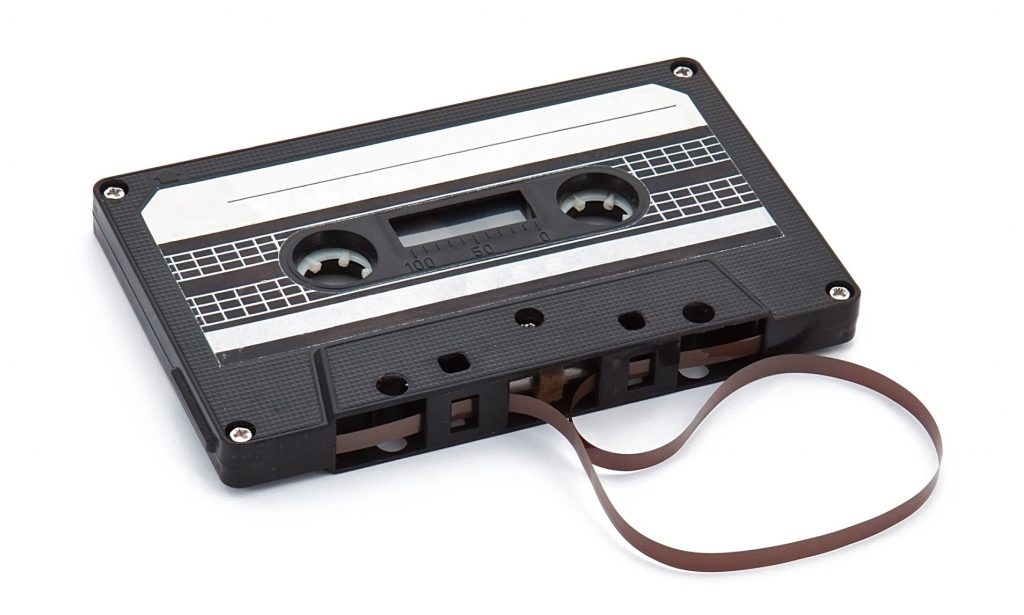RIO DE JANEIRO, BRAZIL – Since the early 2000s, the CD was being increasingly replaced by other digital storage and distribution formats, such as streaming on the Internet.

Reversing the decline, however, sales of physical albums – mainly CDs, but also cassette tapes and LPs – have recorded dramatic growth in South Korea in recent years since 2014.
In 2017, combined sales of the top 400 albums in physical formats totaled 16.93 million copies, an increase of 56.6 percent over the previous year, according to the Korea Music Content Association.
The corresponding figure reached 22.82 million the following year, exceeding the 20 million mark for the first time since the association began compiling data in 2011.
This year, the number is also expected to rise, with sales of 20.97 million copies recorded from the beginning of 2019 until October 26th.
Behind such an unusual boom is the increasingly intensive power of the K-pop industry and the initiative of enthusiastic fans of this genre, as well as sophisticated marketing strategies from music distributors.
According to Gaon’s album chart, operated by the Korea Music Content Association, Korean band BTS has once again become the best-selling band with their latest album “Map of the Soul: Persona”, having sold more than 3 million copies as of November 1st last year, becoming a major driving force for sales of physical records throughout 2019.
Avid fans often join forces to boost the sale of their idols’ albums in order to increase their performance and launch the stars at the forefront of the highly competitive K-pop scene.

In late July 2019, the fan community of Kang Daniel, a former member of the phenomenal Wanna One boys’ band, launched a fundraising event to encourage the sale of the solo album “Color On Me”.
The fan club bought approximately 10,000 copies of the CD with a US$154,202 (R$616,808) fund raised and donated the music CDs to the blood bank of the city of Busan, which belongs to the Korean Red Cross, in Kang’s name.
In turn, music album distributors are devising marketing tricks to attract K-pop idol fan groups.
Two months ago, when Seventeen released their third album, “An Ode,” the CD came out in five different versions, a strategy designed to get fans to buy all the different versions of the same album.
Rare photo cards of K-pop stars or lottery tickets for fan gathering events are often included in the K-pop group’s CD albums to encourage fans to buy multiple copies of the same album.
However, the sharp growth occurs despite the continued decline of CDs as a music listening format.
In a survey of approximately 6,000 music listeners last year conducted by the association, 41 percent said they buy physical albums because of the photos and other add-ons that come with the CDs. Only seven percent said they buy CDs or other physical albums to actually listen to them.
Source: Agência Brasil

